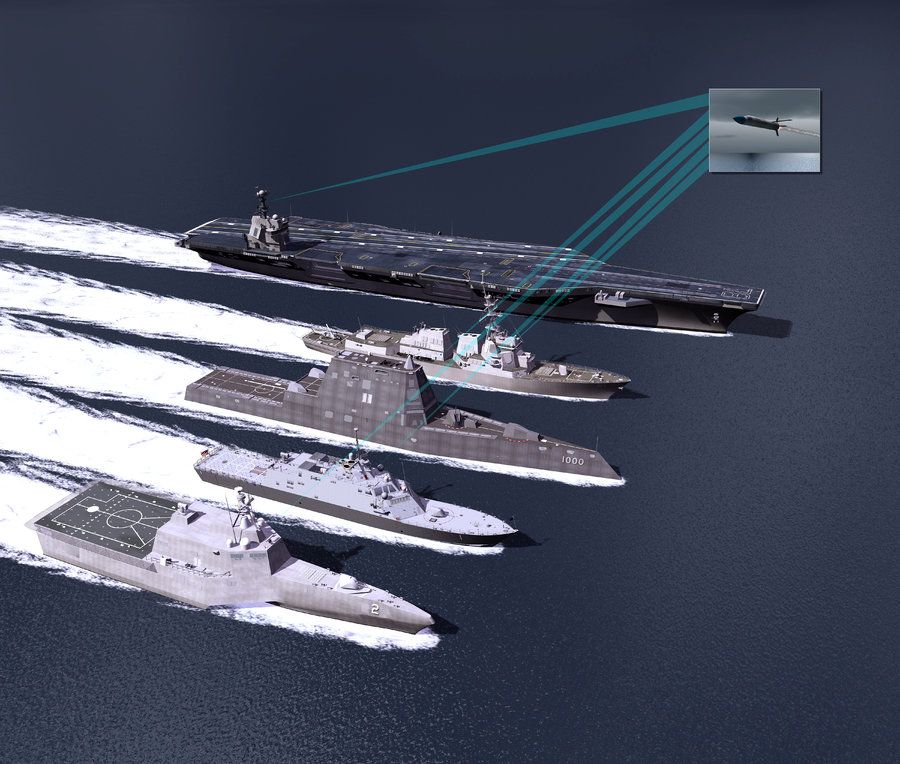A little delayed in sharing this.
Threats posed by adaptive radars to electronic warfare systems are a colossal challenge for the U.S. Navy, but a combo of advanced signal processing, intelligent algorithms, and machine learning techniques are being developed to help warfighters detect and counter them.
Electronic warfare (EW) systems – whether on land or aboard U.S. military ships and aircraft – tap the electromagnetic spectrum to sense, protect, and communicate. But, when necessary, these same systems can be turned against adversaries to deny their ability to disrupt or use radio, infrared, or radar signals.
Today’s EW systems tend to rely on databases of known threats with predefined countermeasures, which can limit their ability to quickly adapt and respond to new advanced threats. Soon, these systems may increasingly be tasked with isolating unknown hostile radar signals within dense electromagnetic environments and responding quickly with effective electronic countermeasures.
